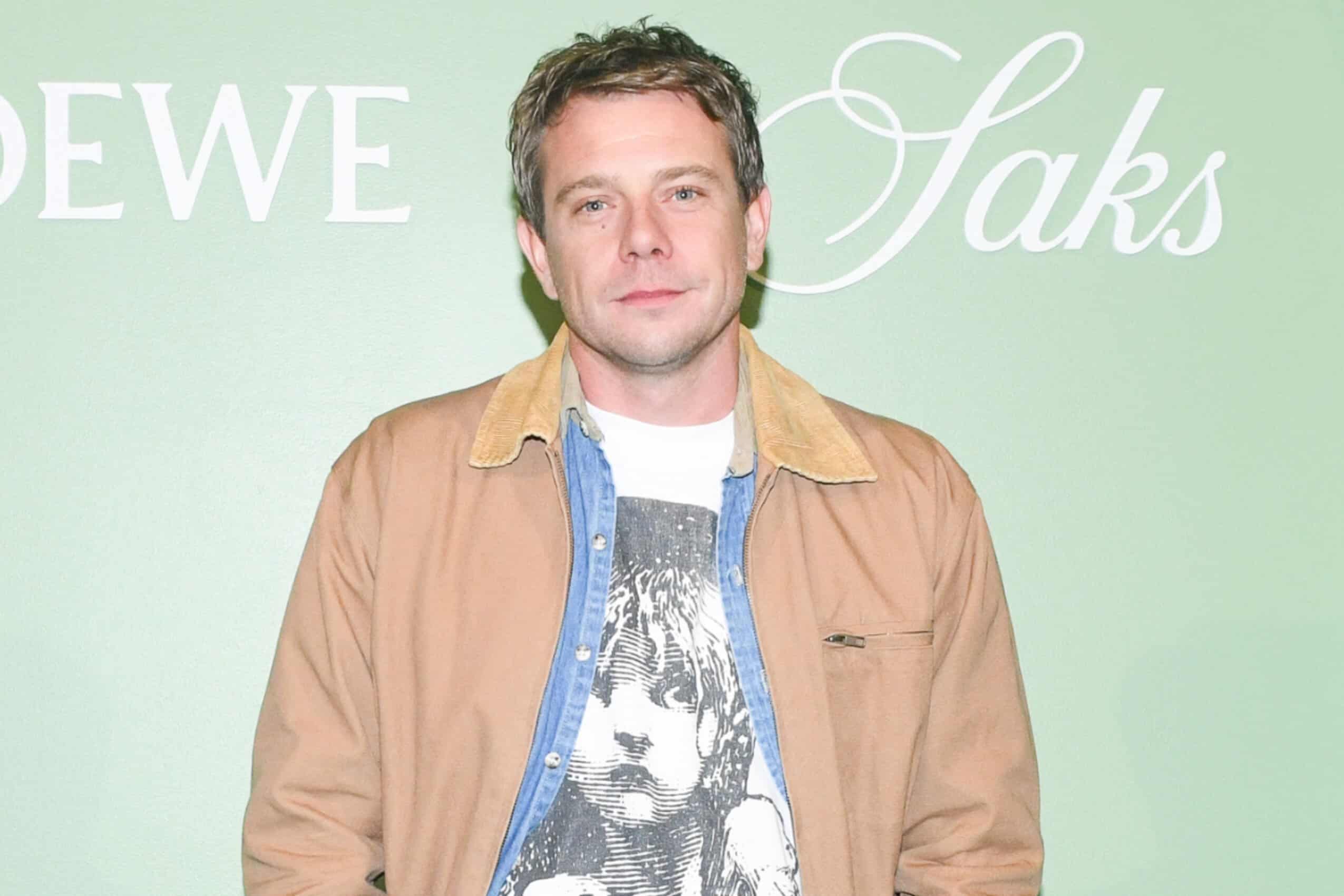Sexual violence in film has often been framed in stark binaries — stories of victims and villains, of clear crimes and easy resolutions. But real life is rarely so simple. Eva Victor’s Sorry, Baby, produced by Barry Jenkins, exists in the gray spaces, the moments after, the time lost, the things that are never said out loud but press into every interaction. This is a film about aftermaths, not just of sexual assault, but of friendship, ambition, and the quiet, bureaucratic violence of institutions that fail women in their most vulnerable moments.
Victor, who writes, directs, and stars as Agnes, crafts a film that is both structurally unconventional and emotionally raw. Told in a series of vignettes with titles like “The Year with the Baby,” “The Year with the Bad Thing,” and “The Year with the Good Sandwich,” Sorry, Baby understands trauma as something nonlinear, moving in fits and starts, lurching forward and pulling back. Agnes is not just processing an assault; she is processing how to process, testing out ways to move forward while the world around her continues on, oblivious.
The Fragmented Language of Memory
3.5
/5
Release Date
January 27, 2025
Runtime
104 minutes
Director
Eva Victor
Writers
Eva Victor
Producers
Alex Orlovsky, Michael B. Clark, Adele Romanski, Barry Jenkins, Duncan Montgomery, Carole Baraton, Jack Selby, Lia Buman, Tim Headington, Alex Turtletaub, Mark Ceryak, Neil Shah, Ana Leocha
Pros & Cons
- A wonderfully assured debut, with a distinctly complex character.
- A realistically complicated portrait of trauma and how it’s processed.
- Great, organic supporting performances and some genuinely funny moments.
- It’s a little too fragmented to feel like a full film, and the editing is disorienting.
The film’s segmented structure is more than a stylistic choice; it is a reflection of how trauma fractures time. Agnes, a professor, is successful, respected, and seemingly composed. But the film’s long, quiet shots of her driving or sitting alone in her house betray a different reality, one where she is still tethered to the past, caught in the geography of her own assault. A room, a hallway, the office where it happened — these spaces become both prisons and battlegrounds.
Related
2025 Sundance Award Winners Announced: You Can Watch the Festival’s Best Film’s Now
‘Atropia,’ ‘Zodiac Killer Project,’ ‘Seeds,’ and other new independent movies were big winners the 2025 Sundance Film Festival.
Victor’s use of sound design is particularly striking. When Agnes drives, the engine noise and radio chatter fluctuate, mirroring the ways in which memory can be intrusive or distant, sudden or numbing. Instead of depicting the assault in explicit terms, the film uses shifts in lighting, color, and rhythm to show its impact, keeping the audience tethered to Agnes’s emotional experience rather than sensationalizing the event itself.
This is a film that understands how power functions in institutional settings, not just in terms of the assault itself, but in the way it is processed (or not) afterward. The workplace bureaucracy of reporting a sexual assault is laid bare — the quiet dismissals, the waiting, the paperwork, the way that, even in cases where guilt is established, justice rarely follows. The fact that Agnes chooses not to go to the police is a decision that does not need to be explained but is deeply understood.
Comedy as a Defense Mechanism
Agnes is funny. Witty, sharp, and self-aware, she makes existential jokes about suicide and life’s absurdity, deploying humor as a way to sidestep what she does not want to face. It is rare in film to see a survivor who is complicated, neither a symbol of resilience nor utterly broken, but someone who shifts between both states.
Related
Sundance 2025 Preview: The Best Movies & Biggest Stars
Take a look at the 40 most anticipated or interesting films coming to the Sundance Film Festival in Jan. 2025.
Lucas Hedges, playing Gavin, a neighbor and possible romantic interest, brings an understated performance, one that is neither predatory nor overtly supportive. He exists as most men do in these narratives — somewhere between help and harm, not fully aware of what Agnes carries. It is Naomi Ackie’s Lydie, Agnes’s best friend, who emerges as the emotional counterweight to Agnes’s isolation. Their friendship is marked by passive-aggressive jabs, deep care, and unspoken resentments, and feels real in the way that only long-term friendships can. Lydie is pregnant, moving into a new phase of life, while Agnes remains stuck, and the film does not shy away from the pain of that growing gap.
One of the most poignant moments in Sorry, Baby comes when Agnes whispers to herself, “I don’t want him to die.” The film does not make a spectacle of this confession, but when it is later revealed that the reason is “because he has a kid,” it cuts deep. It is a rare acknowledgment in these narratives that the world does not always break neatly into categories of good and evil, and that violence leaves behind unintended consequences.
Sexuality, Motherhood, and the Body After Trauma
Charades, UTA
One of Sorry, Baby’s most powerful threads is its exploration of the body post-trauma — not just in terms of pain, but in terms of pleasure, desire, and the shifting relationship between sexuality and safety. As Agnes begins to reclaim her sense of self, the film subtly interrogates the idea of intimacy after violence. The inclusion of a scene where Agnes gets a kitten — so often a shorthand for healing in film — feels both ironic and sincere, a symbol of care that is not overwrought.
Related
How Today’s Scariest Movies Use the Real-Life Traumas of Women
Contemporary horror cinema is tapping into cultural and psychological fears, with some of the scariest movies about the real-life traumas women face.
The tension between motherhood and trauma is also central to the film. As Lydie prepares for the arrival of her baby, Agnes struggles to process what it means to be both a protector and a survivor. There is a moment where Agnes is asked, “Do you like her?” — referring to the baby. The hesitation before answering is rarely seen in portrayals of new life, but it speaks volumes. The film does not force its characters into neat arcs of healing or resolution but allows them space to remain unresolved.
A Film That Asks, Not Answers
Perhaps the greatest strength of Sorry, Baby is its refusal to conform to expectations. It does not offer easy catharsis, nor does it indulge in misery. It is about how time moves differently for survivors, how life goes on for everyone else while they remain suspended.
Victor, in her feature debut, proves to be a filmmaker of rare restraint and emotional intelligence. She trusts her audience to sit in discomfort, to piece together the fragments of Agnes’s journey without forcing exposition. The film’s vignettes act as emotional checkpoints rather than narrative waypoints, capturing the ebb and flow of healing in a way that feels profoundly real.
Related
10 Extremely Traumatized Characters in Movies
Many movies have featured an array of traumatized characters, and here are the most gut-wrenching.
In an era where conversations around sexual violence are often reduced to legal outcomes and media spectacle, Sorry, Baby is an act of resistance — a story about the moments in between, about what it means to live with what happened rather than be defined by it. It is a film that lingers, not because of shock or sensationalism, but because it understands the quiet, persistent nature of trauma.
It is, ultimately, a film about survival. Not in the dramatic, triumphant sense, but in the everyday one. The kind where you still have to answer emails, make small talk, and eat a good sandwich, even when your world has come apart. Because, as Sorry, Baby understands so well, life goes on. Just not for everyone at the same speed. Sorry, Baby screened at the 2025 Sundance Film Festival. Find more information here.
You can view the original article HERE.


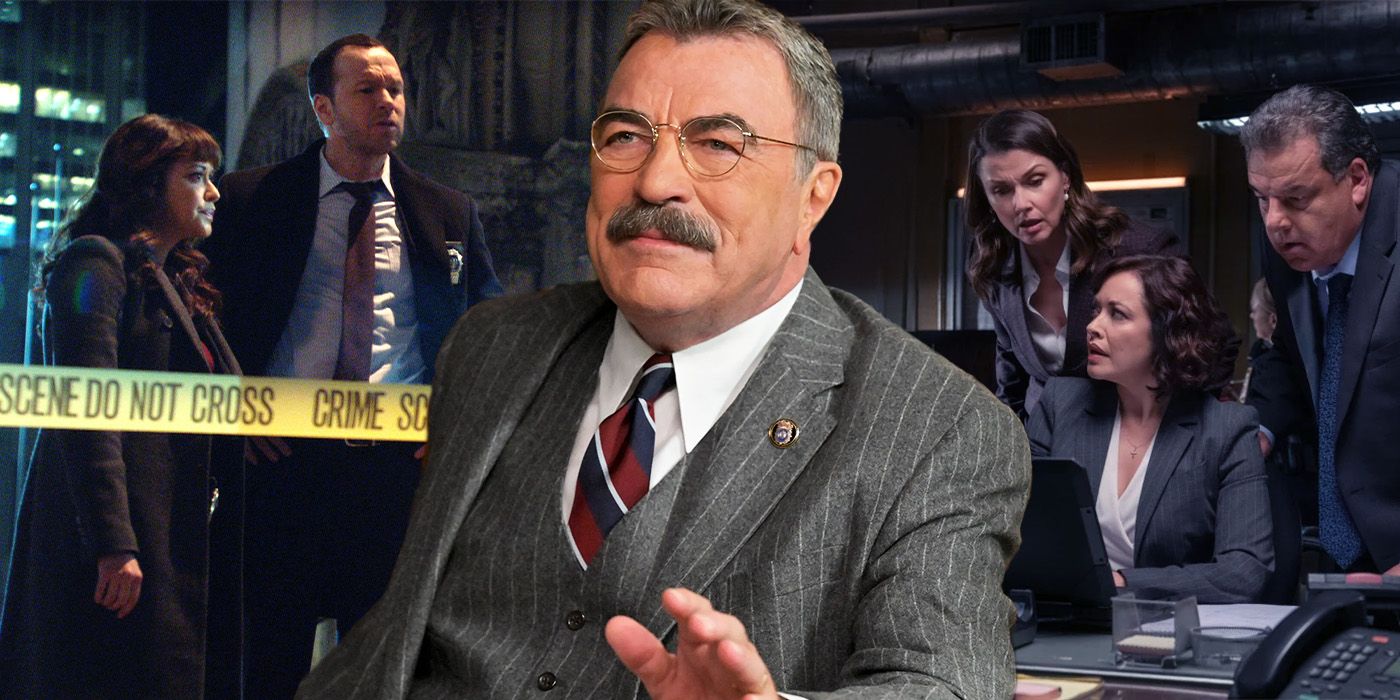
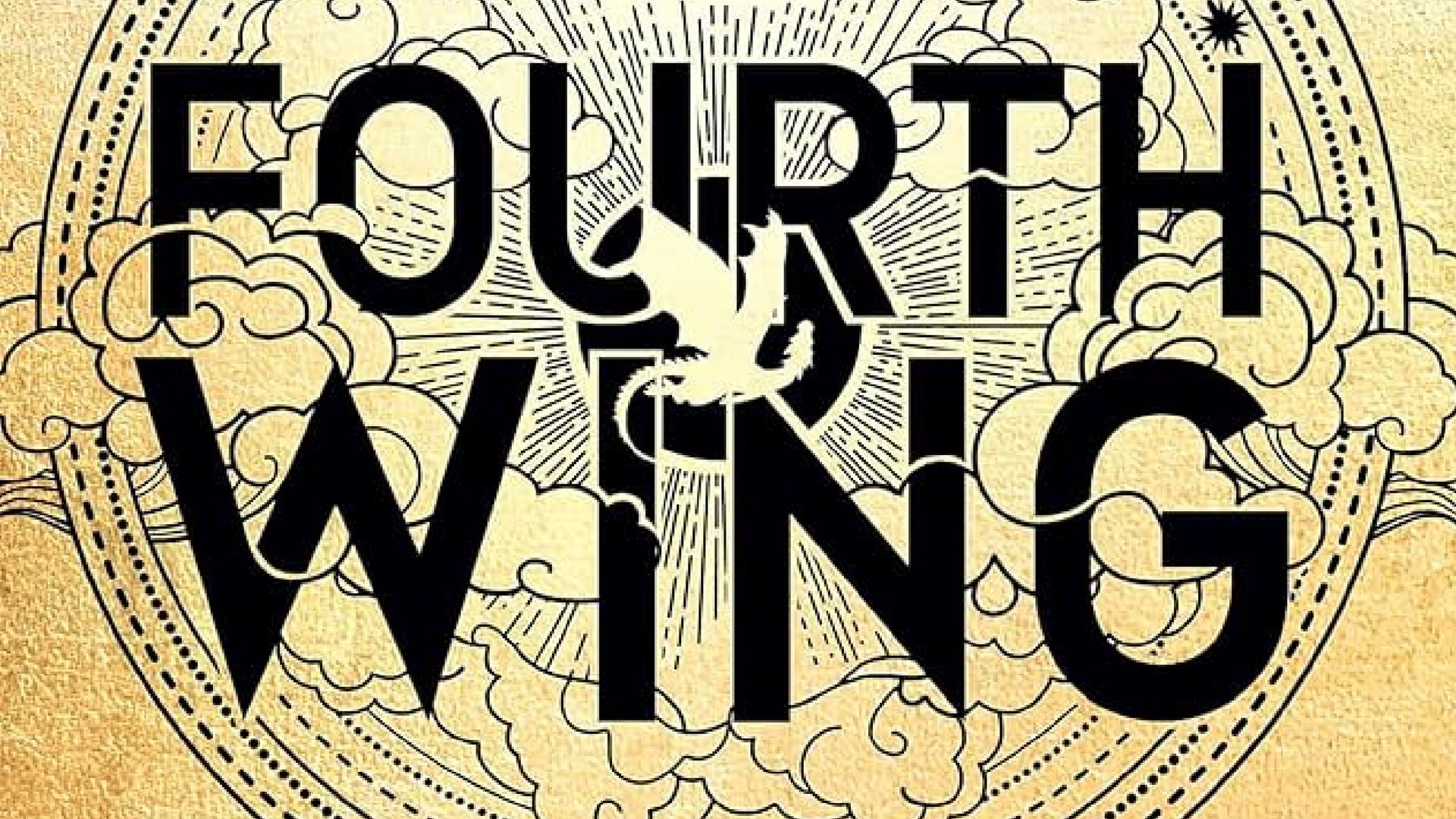

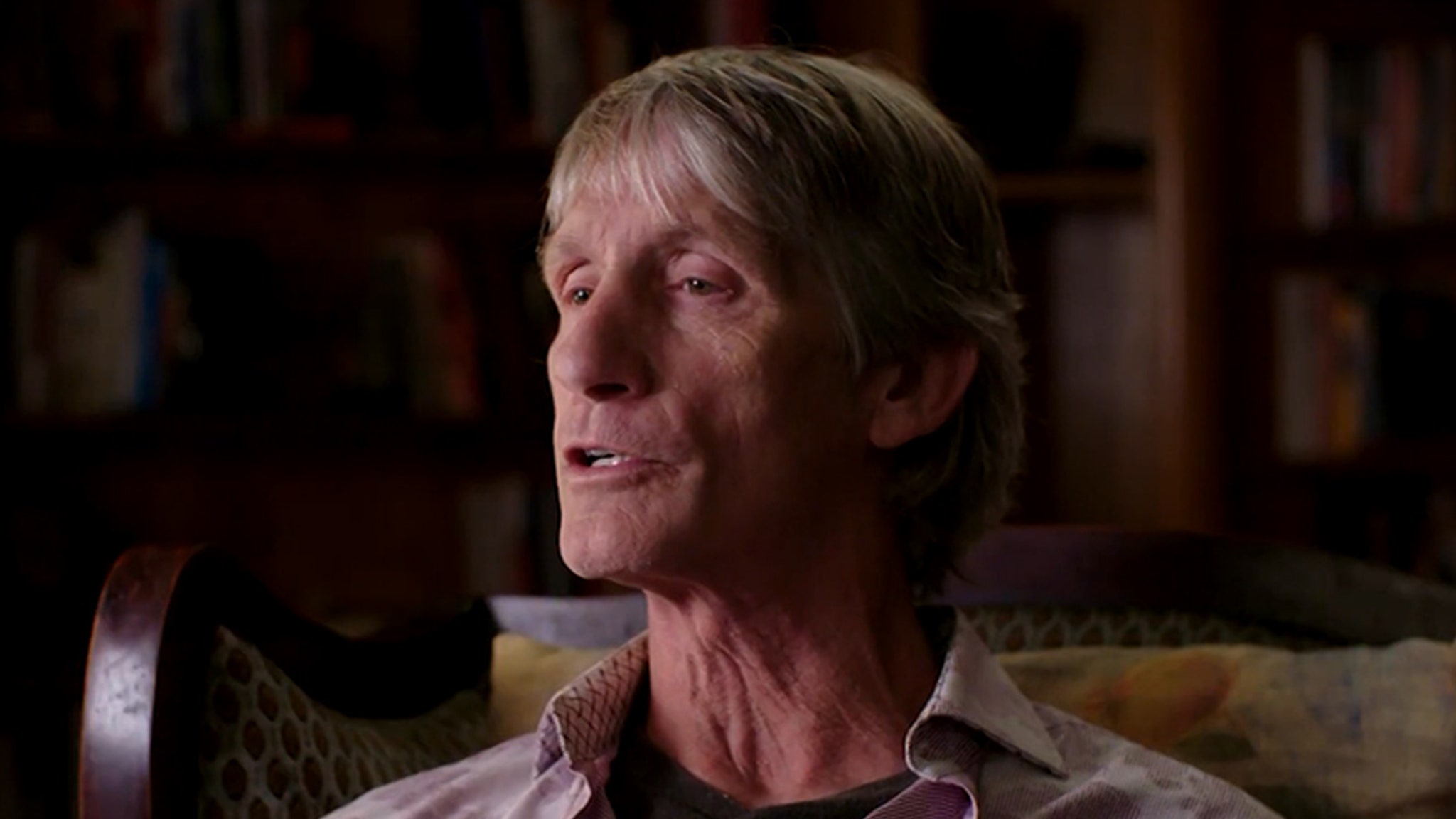
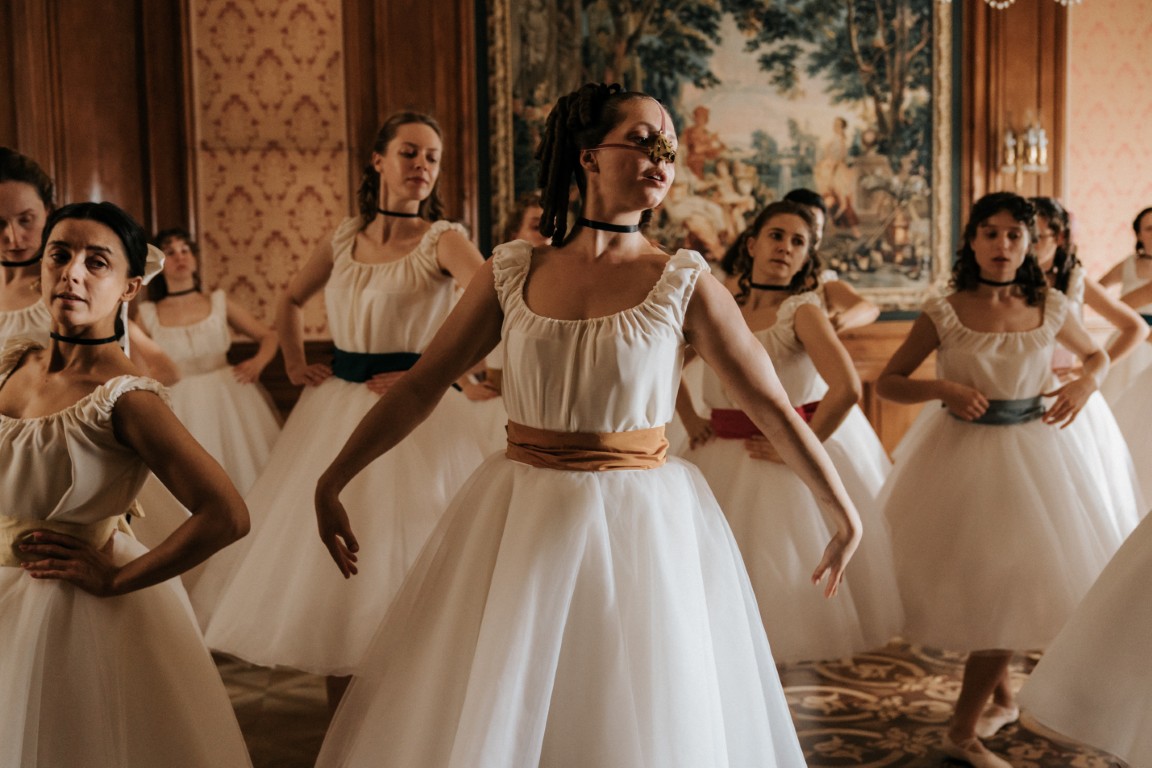






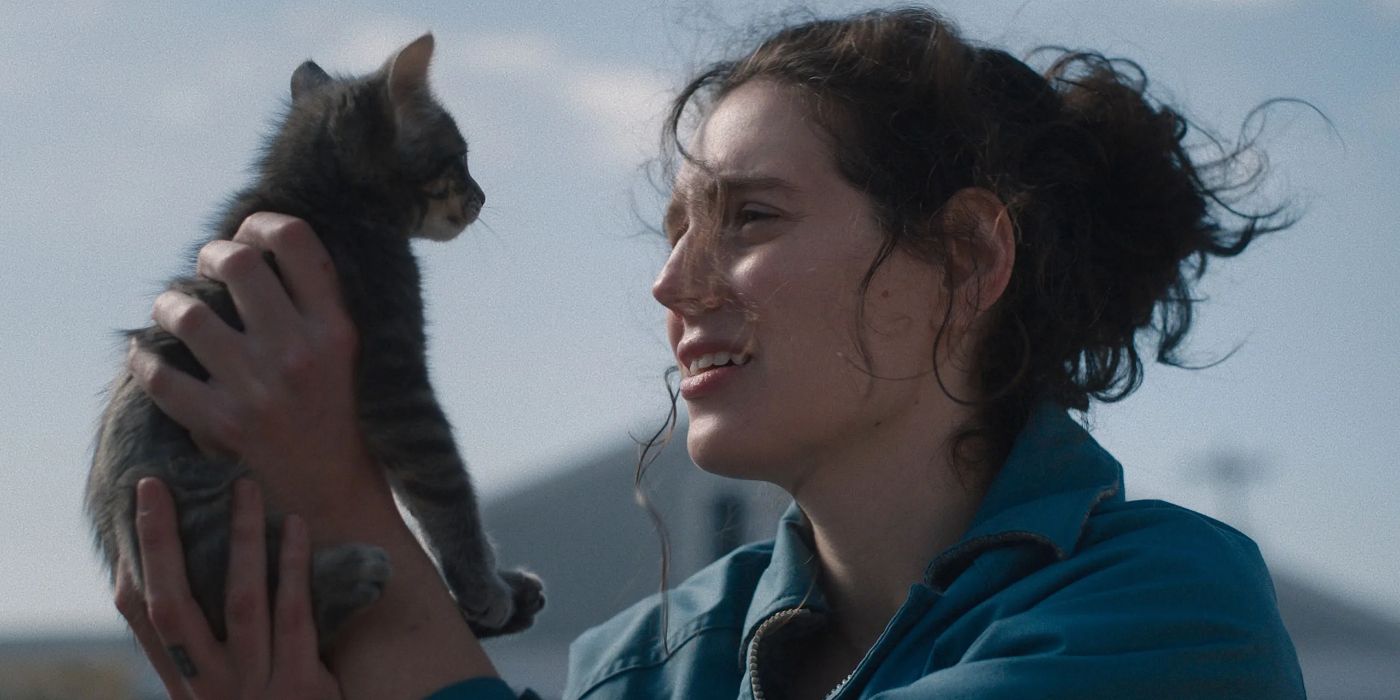




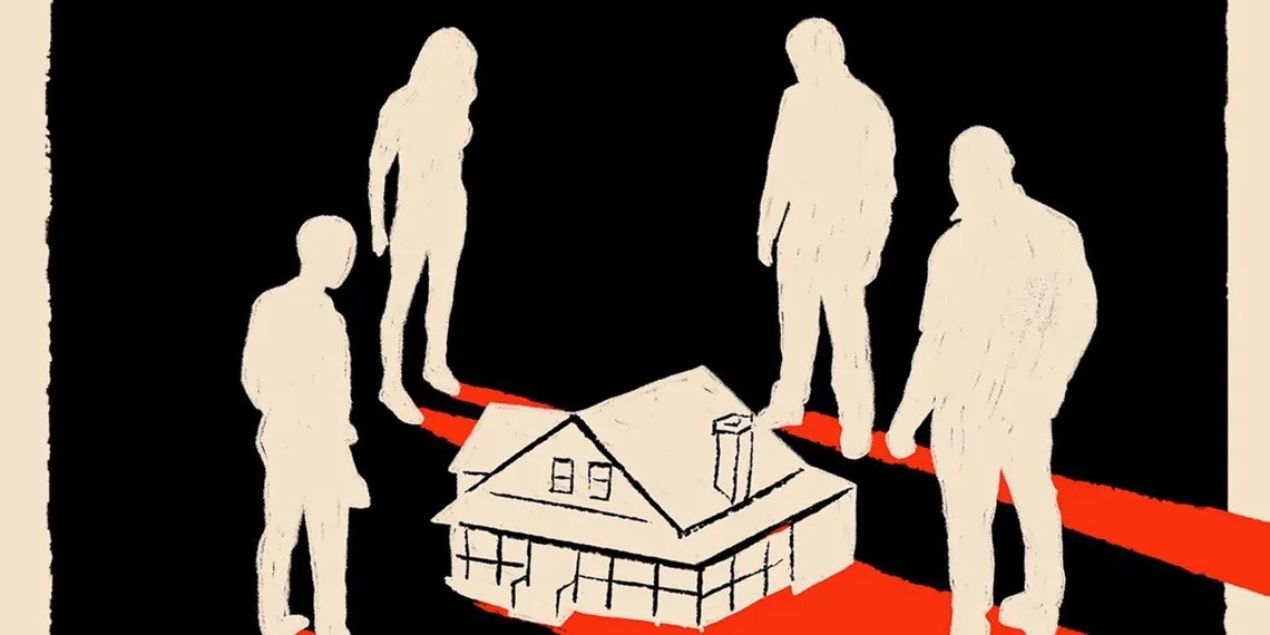
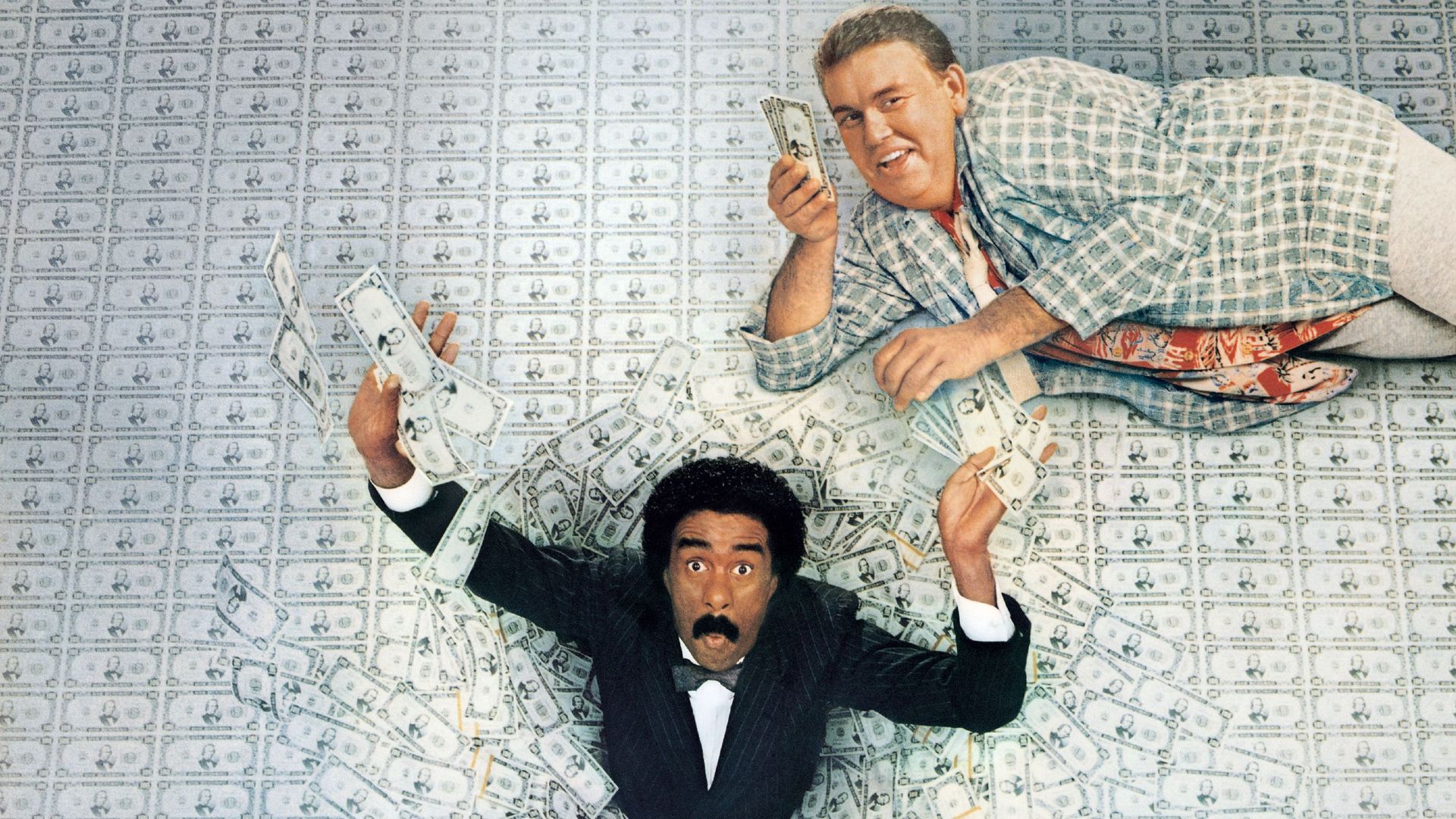

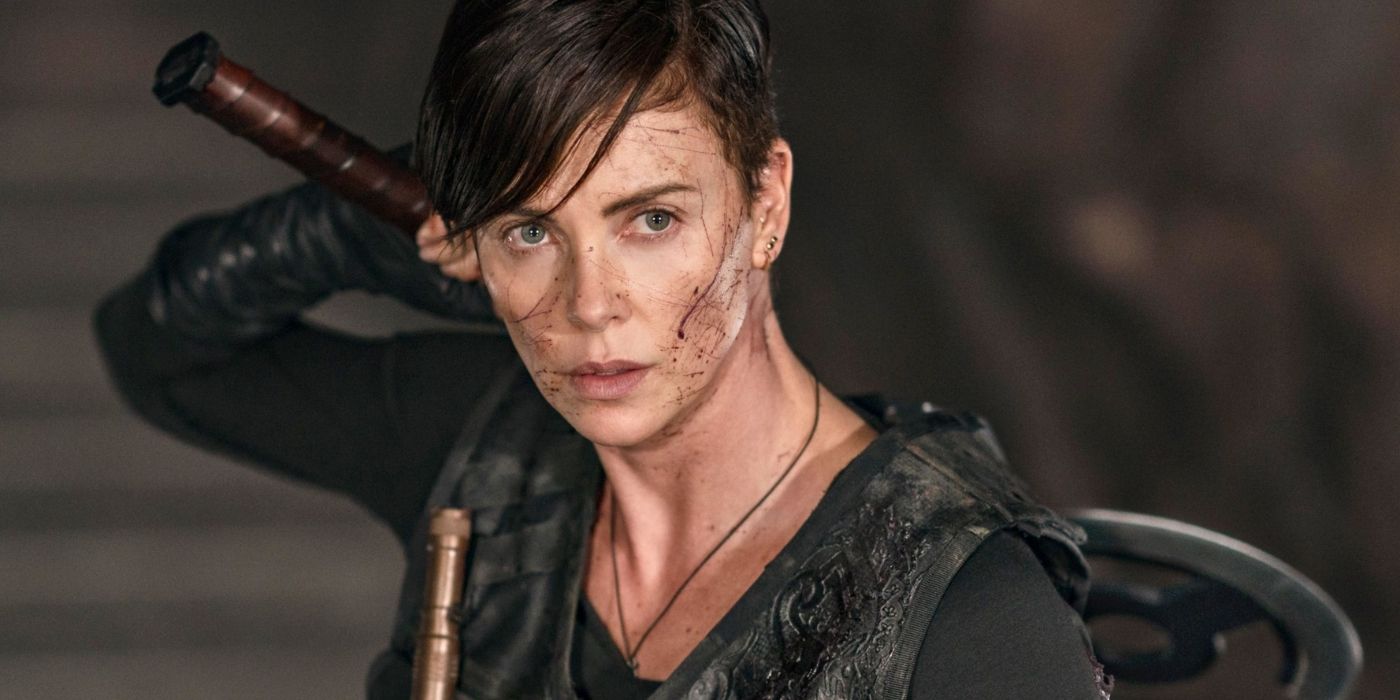




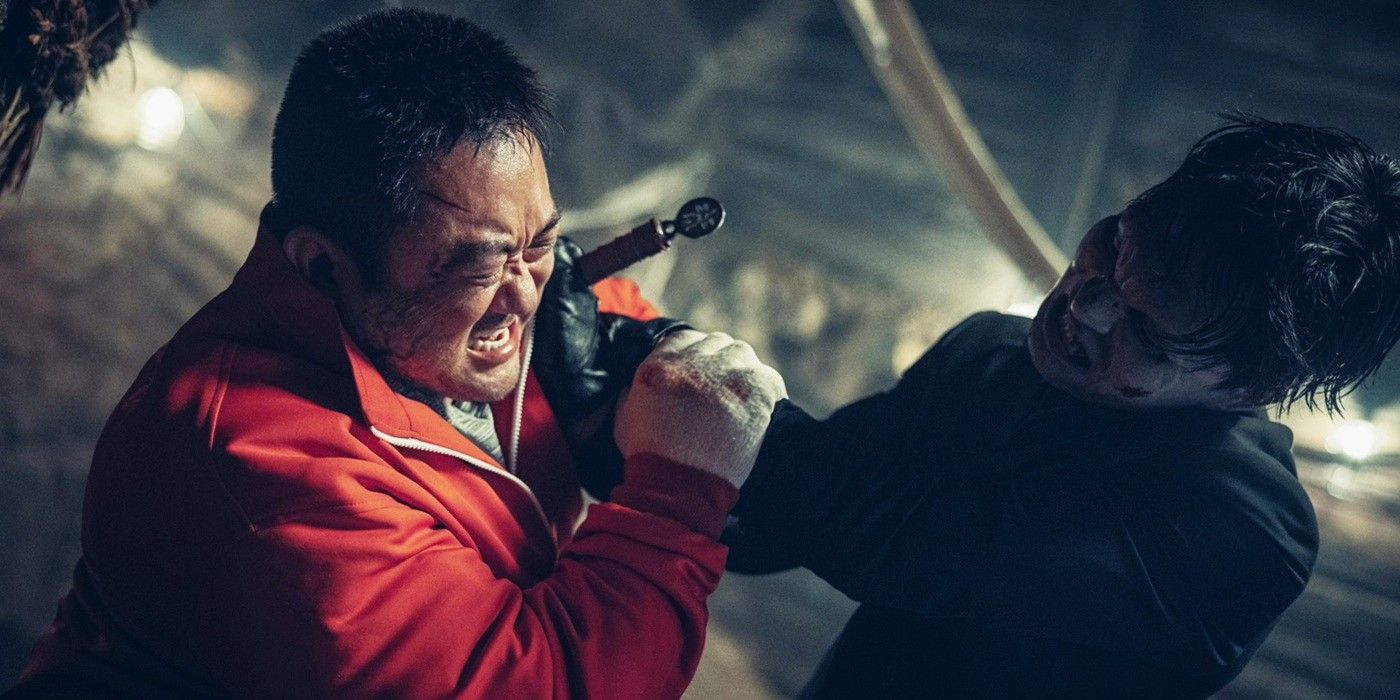
:quality(85):upscale()/2025/04/17/966/n/1922564/69dc205568017c7cad79f2.40744747_.png)
